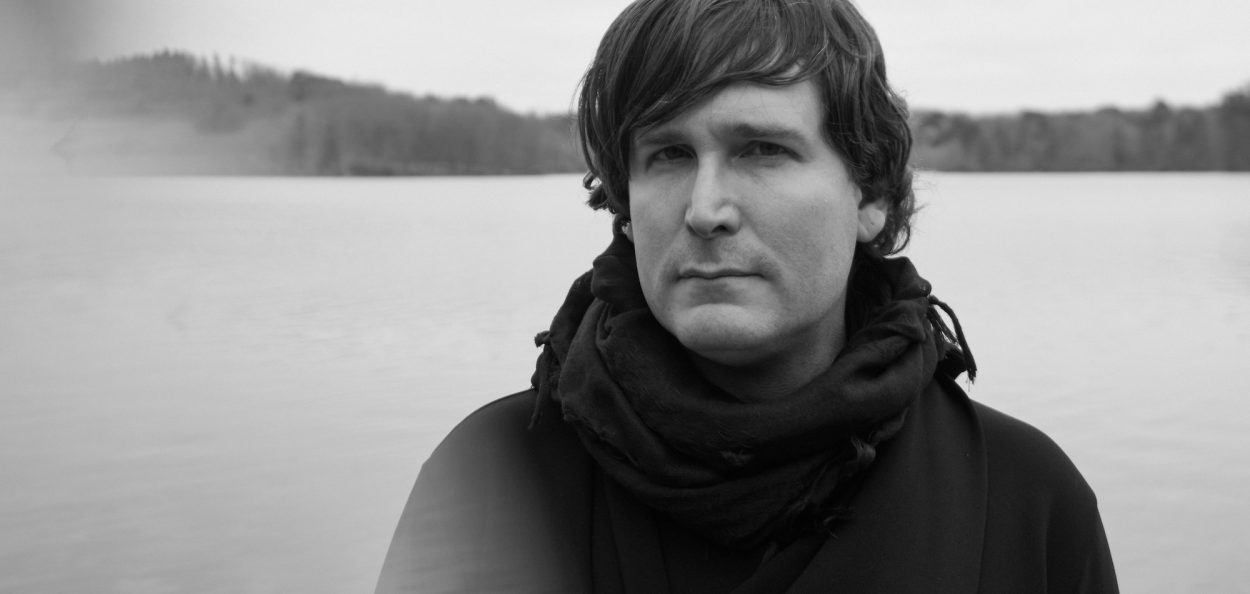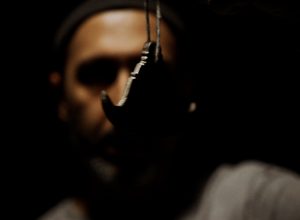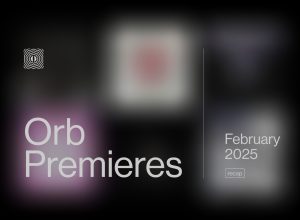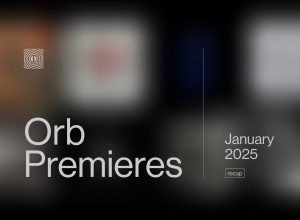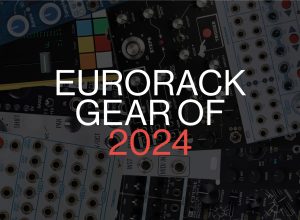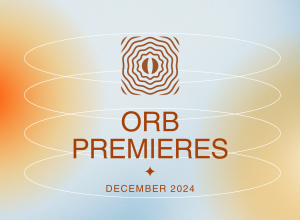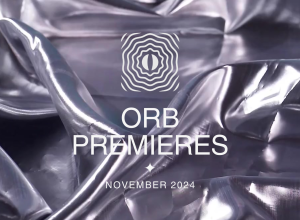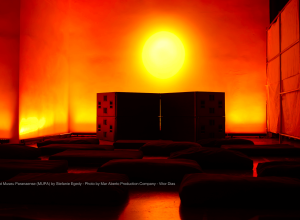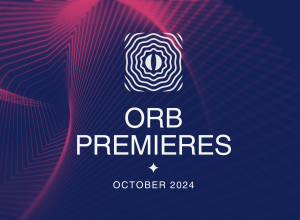A notable figure in the world of ambient and experimental music, Rafael Anton Irisarri seamlessly blends cinematic soundscapes with a depth that resonates deeply. Known for his delicate balance of ambient, classical, and experimental elements, his work stands out for its introspective qualities and meticulous craftsmanship, weaving together sonic textures that feel both raw and ethereal.
Hailing from New York, Irisarri’s career as a composer, producer, and mastering engineer spans decades, working with an impressive roster of artists like Terry Riley, Ryuichi Sakamoto, and William Basinski. His productions showcase his unique ability to weave layers of distortion, melody, and atmosphere, often drawing from influences as varied as metal, shoegaze, and minimalism. His albums traverse a sonic journey filled with expansive guitar drones, swirling tape loops, and the bleached textures of noise that evoke a haunting beauty, where each piece invites the listener to linger in moments of quiet introspection.
For this month’s Favourites feature, Irisarri offers a glimpse into the inspirations behind his evocative sound, as he also celebrates the release of his latest album, FAÇADISMS (including the Orb Premiere of “A Little Grace is Abundance“). From the distorted dreamscapes of My Bloody Valentine to the minimalist pulses of Kraftwerk, and the emotive depth of Arvo Pärt, Irisarri’s selections trace a lineage of artists who have pioneered new textures and sonic spaces.
Rafael Anton Irisarri: The first time I heard Loveless was one of those life-defining moments. It completely changed how I approach the guitar and reshaped my perspective on music. I remember listening to the opening track and thinking, “I don’t know what’s making that elephant sound, but I want to play that!” This album created a ripple effect in the music scene, inspiring many of us to explore new sounds, strategies, and textures.
RAI: The way that song layers sound made such a lasting impression on me after hearing it in the mid-’90s. I also saw The Orb’s Alex Paterson perform it when I was 17 and I was just getting into samplers and synths. Then in 2017, I performed live at the MUTEK electronic music festival in Mexico City where I shared the stage with The Orb and got to tell him how much his music meant to me.
RAI: This Die Mensch-Maschine album by Kraftwerk was incredibly important to me. Massive influence, with their classic music motifs and precise mechanical sounds. The track has a minimalistic yet melodic progression, driven by synthesized rhythms and cosmic textures, with intersecting repetition, and is a subtle evolution in a piece of recorded music.
RAI: A masterpiece that merges ambient, post-rock, and electronic influences, creating a spacious soundscape that plays with repetition and subtle shifts in tone.
RAI: Its raw, dub-infused sound, with deep bass pulses and atmospheric synths, was hugely influential to me, and especially pivotal in my explorations of dynamic movement and effects manipulation under my The Sight Below moniker for Ghostly International.
RAI: Vini Reilly is one of the most underrated musicians ever. This track is a simple pop song, but the lyrics are fantastic, and those hypnotic guitar lines just pull you in.
RAI: Augustus Pablo’s rhythms and melodies helped me feel comfortable creating instrumental music that carries meaning without needing words.
RAI: Cluster’s spacious, freeform structure and blending of analog synths with atmospheric noise appeals to my love for improvisation. Highly influential.
RAI: This one piece by the Estonian maestro, one of my favorite compositions ever, is absolutely mesmerizing and a perfect example of his Tintinnabuli style.
RAI: This piece by the late great maestro is a thing of beauty. It always sends chills down my spine. Sakamoto’s use of space, silence, and minimalism creates a meditative environment where each sound has room to breathe. He influenced my approach to sound design and to layering textures in a dynamic yet restrained way.
